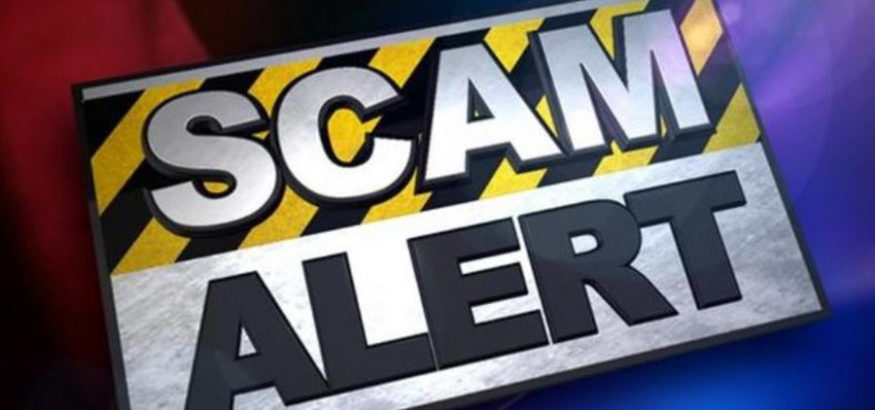How to Quickly Identify and Avoid Credit Scams
Scammers have clever ways to get your banking, credit card or personal details, or they’ll try to trick you out of your money by offering you a loan. Always be vigilant about protecting your personal information and be suspicious of anyone offering you easy money - there is almost always a catch.
Protect yourself by spotting the warning signs of banking and credit scams.
- Credit card scams
- Loan scams
- Requests for account information (phishing scams)
- How to protect yourself from banking and credit scams
- What to do if you've been scammed
Credit card scams
Scammers don't need to steal your credit card to take your money - all they need are your card details. They can get these by:
- contacting you online or by phone, pretending to be your bank or another company, and tricking you into giving them your credit card details
- accessing your information from unsecured websites you've visited
- installing spyware on your computer so they can see the files you use, websites you visit and information you store. Spyware can be installed remotely.
Some scammers also steal new cards from mailboxes and save the card’s details, or they’ll apply for cards using stolen identities.
If scammers know your PIN, they can get cash from an ATM using a cloned credit card (where your details have been copied onto the magnetic strip of another card).
Warning signs of a credit card scam
Your credit card details may have been taken by a scammer if:
- there are purchases on your credit card statement that you didn't make
- you have accidently given your credit card details (on the phone or internet) to someone you later realize you should not have trusted
- your credit card has been lost or stolen
Loan scams
Scammers will contact you via phone or email to offer you a loan or credit. If you agree to the loan, they will ask you for upfront payments before you get access to the money.
Signs of a loan scam
You might be at risk of falling victim to a loan scam if you're:
- offered a loan by being contacted out of the blue
- asked to make upfront payments before you get the loan, to pay for things like insurance, tax or initial repayments
- told to deposit your upfront payment into a bank account, a cryptocurrency wallet or by buying a gift card for the scammer to redeem
- emailed from a generic email address (e.g. a Gmail, Hotmail or Outlook account), or an email address that looks like it's from a legitimate institution but is spelled incorrectly
- approved for a loan amount that is more than you require
- offered a very low interest rate
Requests for account information (phishing)
Scammers may contact you via email, text message, social media or phone call and pretend to be a bank, financial institution, phone company or even a university or government agency. The aim of the scam is to get you to give them your personal details, bank account numbers, credit card numbers and most importantly, your passwords.
For example, an email they send may say there has been a security breach and ask you to download their security software, which is really a virus. The virus could infect your computer and give someone else control of it. It could also track your key strokes to get your user names and passwords.
Signs of a phishing scam
The email or text message you receive is definitely a phishing scam if it:
- claims to be from a bank or company that you do not have an account with
- contains a link that leads you to a website where you are asked to enter your bank account details
- says your details are required for security and maintenance upgrades or to “verify” your account
- says you are due to receive a refund for a fee that you were mistakenly charged
The email or text message could also be a phishing scam if it:
- does not address you by your full name
- has spelling errors or grammatical mistakes
- is a survey that offers you a reward or prize for filling it in
You can forward phishing emails to the Federal Trade Commission at [email protected].
How to protect yourself from banking and credit scams
Be vigilant about protecting yourself from scams. Be suspicious if you are told to wire a portion of funds from a check you received back to a company, and be wary of websites or trials that ask for your bank account number. Don’t give your bank account number out on a phone call or email, even for verification purposes.
Scammers can make checks or money orders look legitimate and official. Verify the authenticity by using the contact information found in the phone book or on the bank’s website, not what is listed on the check.
Don’t deposit checks or money orders from strangers or companies you don’t have a relationship with. Don’t send money to people or companies you don’t know.
What to do if you've been scammed
If a scammer gets access to your credit card or bank account, call your bank immediately and ask them to freeze the account.

